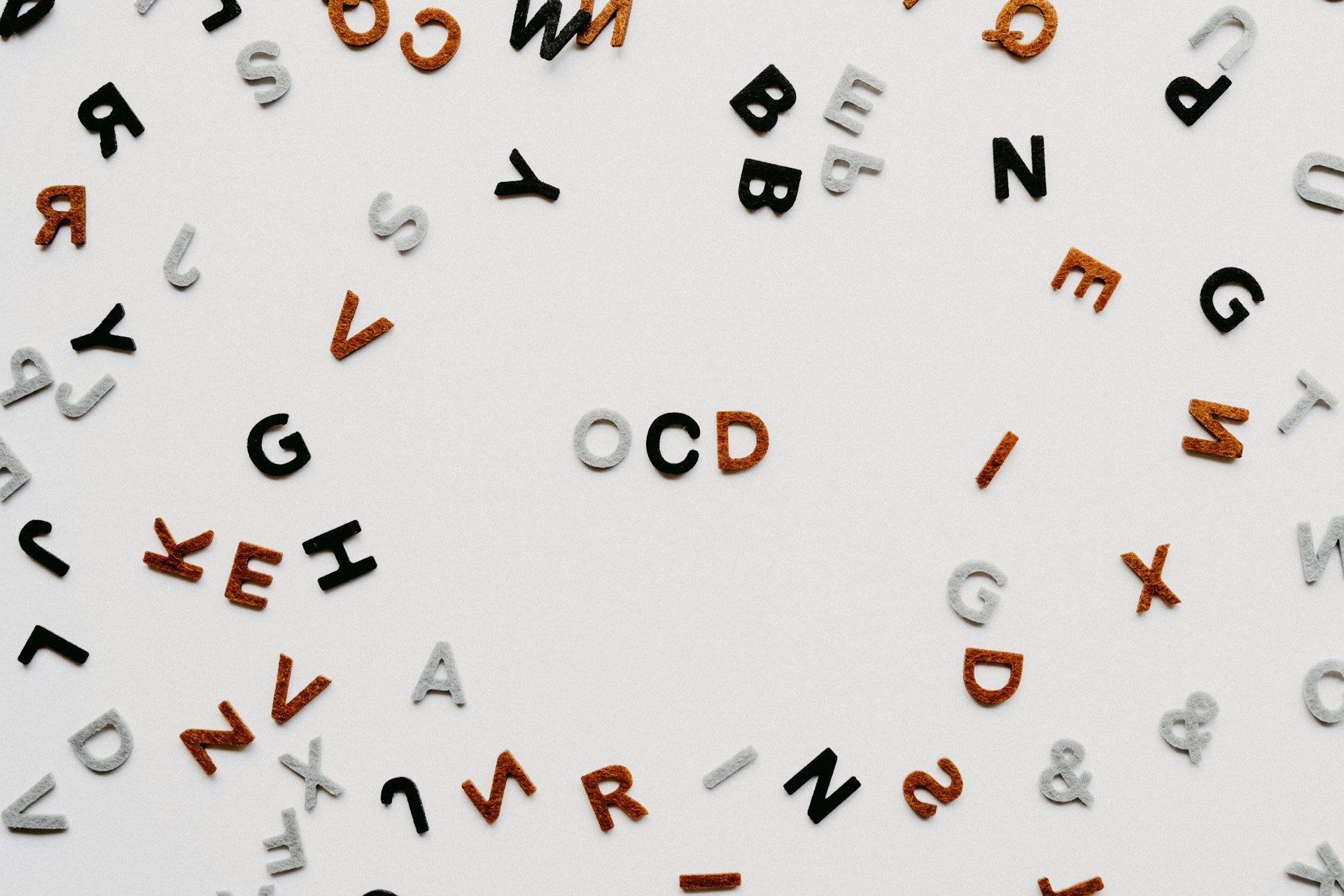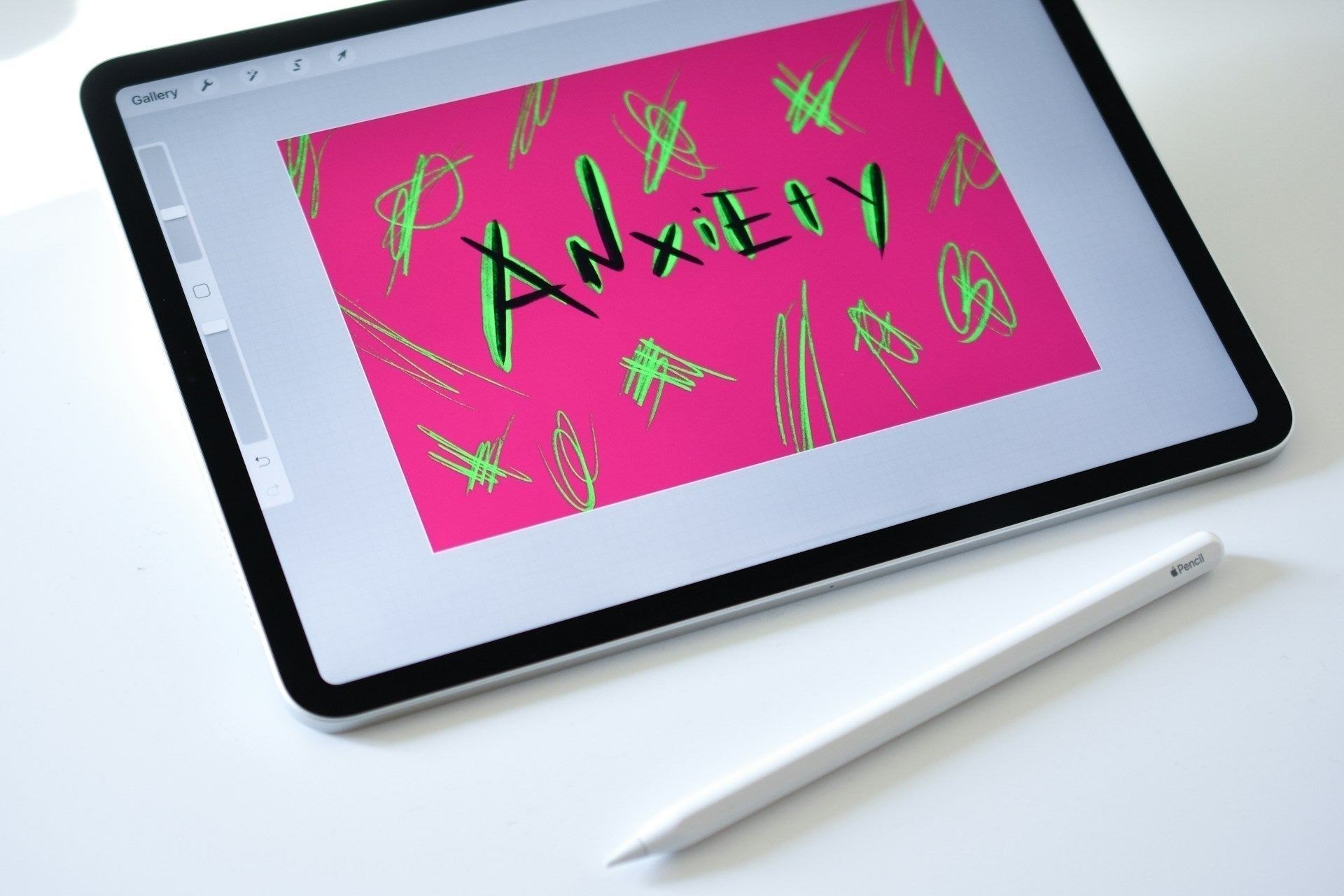Introduction
Guilt is an emotion that touches nearly everyone at some point. It’s a complex feeling that can influence our mental health, relationships, and overall well-being. This blog will delve into what guilt is, why it affects us so deeply, and how we can manage it effectively. We will also explore how crystals, with their unique properties and historical significance, can assist in the process of healing and self-forgiveness.
Definition of Guilt
-
Basic Concept of Guilt
- Guilt is an emotional experience that arises when we believe our actions or decisions have violated our personal or societal moral standards. It is characterized by a sense of responsibility for a perceived wrongdoing and often involves remorse and self-blame.
- For example, if someone accidentally hurts a friend’s feelings with an insensitive comment, they might experience guilt for causing emotional pain and wish to make amends.
-
Guilt vs. Shame
- Guilt focuses on specific actions and is related to feeling responsible for particular events or behaviors. It is usually tied to a specific incident, such as forgetting an important event or breaking a promise.
- Shame, however, is a more pervasive emotion that attacks one’s sense of self-worth. It involves a broader feeling of inadequacy or being fundamentally flawed, such as feeling worthless because of repeated failures. Unlike guilt, which is action-specific, shame is more about the self.
The Impact of Guilt on Individuals
-
Psychological Health
- Persistent guilt can significantly impact mental health. According to a study published in the "Journal of Clinical Psychology," chronic guilt is often associated with symptoms of anxiety and depression. This is because the continual self-reproach and stress from trying to rectify wrongs can lead to emotional exhaustion.
- Individuals struggling with unresolved guilt may experience low self-esteem and an impaired sense of self-worth, which can affect their overall psychological resilience.
-
Interpersonal Relationships
- Guilt can create barriers in relationships. When individuals feel guilty, they may avoid addressing the issues that caused the guilt, leading to communication breakdowns and unresolved conflicts. For instance, someone who feels guilty about not being supportive during a friend’s crisis may withdraw, leading to misunderstandings and further strain on the friendship.
- The behavior stemming from guilt, such as overcompensating or becoming excessively apologetic, can disrupt relationship dynamics and lead to imbalances in interactions.
-
Personal Development
- Excessive guilt can hinder personal growth. Research has shown that dwelling on past mistakes can prevent individuals from moving forward and reaching their potential. This fixation on past errors can overshadow opportunities for personal development and achievement.
- A study in the "Journal of Personality and Social Psychology" found that individuals who ruminate on their guilt tend to experience a reduction in personal growth and goal achievement, as they are stuck in a cycle of self-blame rather than focusing on constructive change.
Strategies for Managing and Overcoming Guilt
-
Self-Reflection and Acceptance
- Acknowledge that guilt is a common and natural emotion. Understanding that everyone makes mistakes and that guilt is part of the learning process can help in managing it effectively.
- Engage in self-reflection to explore the underlying causes of guilt. Reflect on questions like, “What specific actions led to these feelings?” and “What can I learn from this experience to prevent future occurrences?”
-
Making Amends
- Taking steps to correct the wrongs can help alleviate feelings of guilt. This might involve apologizing, offering compensation, or making changes to prevent similar issues in the future.
- For example, if you feel guilty about neglecting a friend, a meaningful apology along with actions demonstrating your commitment to being more present can help address the guilt and rebuild trust.
-
Seeking Support
- Talking about feelings of guilt with trusted individuals, such as friends, family, or a mental health professional, can provide new perspectives and emotional support. This can be especially helpful in processing guilt and finding ways to move forward.
- Engaging in therapy, particularly cognitive-behavioral therapy (CBT), has been shown to help individuals reframe their thoughts about guilt, develop healthier coping strategies, and work through underlying issues.
-
Practicing Self-Forgiveness
- Cultivating self-compassion is essential for overcoming guilt. Understand that making mistakes is a part of being human, and practice self-forgiveness to foster emotional resilience.
- Techniques such as mindfulness meditation can help in developing a compassionate attitude towards oneself. This involves recognizing the inevitability of human error and focusing on growth rather than self-punishment.
The Healing Connection Between Crystals and Guilt
-
Introduction to Crystals
- Crystals have been used across various cultures for thousands of years for their believed healing properties. They are thought to influence emotional and spiritual well-being through their unique vibrational energies.
- While scientific research on crystal healing is limited, many people find that incorporating crystals into their self-care routines can provide emotional support and enhance personal growth.
-
Crystals for Guilt Relief
- Rose Quartz: Often called the “stone of unconditional love,” rose quartz is associated with self-love and forgiveness. It is believed to help heal emotional wounds and alleviate feelings of guilt by promoting compassion and understanding towards oneself.
- Amethyst: Known for its calming and balancing properties, amethyst is thought to help soothe negative emotions and provide emotional clarity. It can be beneficial for individuals struggling with guilt by fostering a state of tranquility and aiding in reflective practices.
- Black Obsidian: This grounding stone is believed to help release negative emotions and provide insight into personal challenges. Black obsidian can support individuals in confronting and processing feelings of guilt, facilitating personal growth and self-awareness.
-
Scientific Basis for Crystal Healing
- While the scientific evidence supporting crystal healing is not robust, some research suggests that the placebo effect and the meditative practices associated with crystals can contribute to emotional well-being. The act of using crystals can create a positive mindset and reinforce emotional resilience.
- The effectiveness of crystals may also be linked to their aesthetic qualities and the meditative practices they inspire, which can enhance relaxation and emotional balance.
-
Practical Guide to Using Crystals
- Selecting Crystals: Choose crystals based on your emotional needs and personal preferences. Trust your intuition when selecting stones that resonate with you.
-
Methods of Use:
- Wearing: Incorporate crystals into your daily life by wearing them as jewelry or carrying them in your pocket. This allows their energy to be in constant contact with you and supports ongoing emotional support.
- Meditation: Use crystals during meditation by holding them or placing them around you. Focus on the healing qualities of the crystals as you meditate on letting go of guilt and fostering self-forgiveness.
- Placement: Place crystals in areas of your home where you seek calm and balance, such as your meditation space or bedroom. This can help create a soothing environment and reinforce emotional healing.
- Cleansing and Charging: Regularly cleanse and recharge your crystals to maintain their effectiveness. Common methods include rinsing them under running water, exposing them to moonlight, or using sound vibrations such as from singing bowls. Cleansing ensures that the crystals remain energetically clear and potent.
Conclusion
Guilt is a powerful emotion that impacts our mental health, relationships, and personal growth. Addressing it requires a comprehensive approach that includes self-reflection, making amends, seeking support, and practicing self-forgiveness. Integrating crystals into this process can offer additional support and enhance emotional healing. By combining psychological strategies with the holistic practices of crystal healing, individuals can find a balanced and effective way to manage and overcome their feelings of guilt, leading to greater emotional resilience and personal growth.




